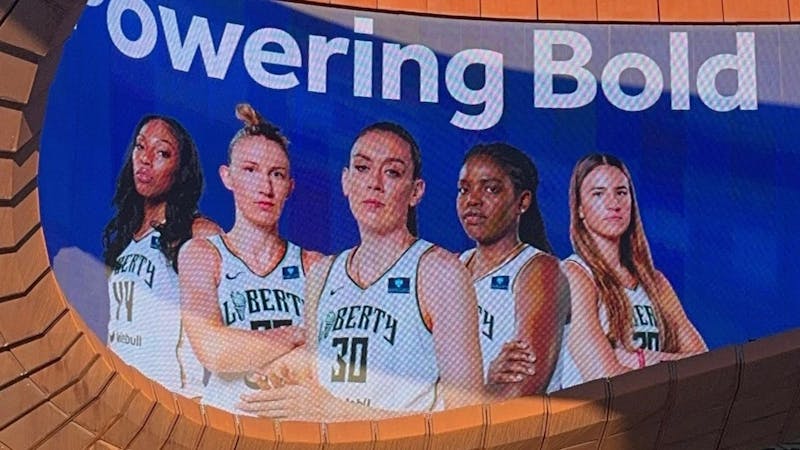The Women’s National Basketball Association (WNBA) is experiencing significant growth, yet players are raising concerns about fair compensation as they engage in critical negotiations over their Collective Bargaining Agreement (CBA). With increasing attendance and record-breaking viewership, players are at the forefront of discussions regarding their share of the league’s financial success. If a satisfactory agreement is not reached, the WNBA could face a work stoppage, either through a lockout or a players’ strike.
The current CBA, established in 2020 and intended to last until 2027, has come under scrutiny as players feel their salaries have not kept pace with the league’s expansion. According to Nneka Ogwumike, president of the Women’s National Basketball Players Association, “The players are still adamant that we get a percentage of revenue that grows with the business.” Presently, players receive approximately 9% of league income, with salaries accounting for less than 7% of total revenue. In contrast, NBA players receive around 50% of basketball-related income.
As negotiations continue, players are advocating for equitable compensation models that align with the league’s financial growth. They are also pushing for enhanced working conditions, including charter travel standards and improved support services. The issues are compounded by ongoing challenges with league leadership and officiating, prompting players such as Napheesa Collier, a starter for the Minnesota Lynx, to speak out.
During the 2025 All-Star Game, Collier organized a demonstration by wearing shirts that read “Pay Us What You Owe Us.” This display highlighted the players’ frustrations with the current state of the league. Tensions escalated further when Collier suffered a significant ankle injury during the semifinals, coinciding with a controversial ejection of Lynx head coach Cheryl Reeve due to her criticism of officiating standards.
Collier did not hesitate to voice her concerns about league leadership. In a public statement, she declared, “We have the best players in the world. We have the best fans in the world. But right now, we have the worst leadership in the world.” She criticized the league’s approach to CBA negotiations, emphasizing that without accountability, sustainability for the WNBA remains a distant goal.
The situation intensified when Collier revealed a troubling exchange with WNBA Commissioner Cathy Engelbert. In response to questions about officiating inconsistencies, Engelbert allegedly stated, “only the losers complain about the refs.” Furthermore, Collier recounted Engelbert’s assertion that players should be “on their knees” thanking her for their financial successes outside the court, implying that without the WNBA platform, players like Caitlin Clark would not enjoy such lucrative opportunities.
Collier’s comments have garnered substantial support from fellow players and coaches. A’ja Wilson, the league’s MVP, expressed her disapproval of Engelbert’s remarks, stating, “I was honestly disgusted by the comments that Cathy made.” On social media, players like Angel Reese resonated with Collier’s message, calling it “10/10. No notes!” The response from the basketball community highlights a growing solidarity among players advocating for their rights.
Engelbert has since described Collier’s portrayal of their conversation as disheartening, affirming her commitment to remain in her position as commissioner. During a championship trophy presentation to the Las Vegas Aces, she faced boos from the crowd, reflecting the shift in public sentiment regarding her leadership.
As the WNBA navigates these challenging negotiations, the stakes extend beyond mere salary disputes. Players are calling for recognition and respect for their contributions to the league’s success. As Collier noted, the current moment is pivotal: “Sustainability without accountability is not sustainable.” The future of the WNBA hangs in the balance, as players advocate not only for fair wages but for the integrity and growth of women’s basketball as a whole.
This moment represents a crucial turning point for the league, one that could impact not only the current generation of players but also inspire the next wave of young athletes dreaming of following in their footsteps. The WNBA’s evolution is not merely about athletic achievement; it is a movement that champions empowerment and equality in women’s sports.






